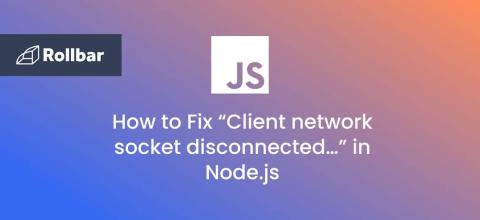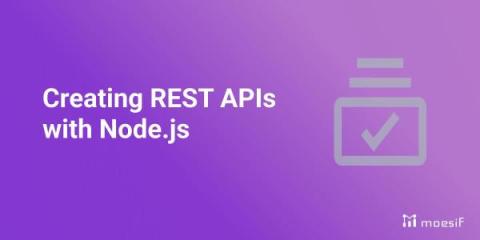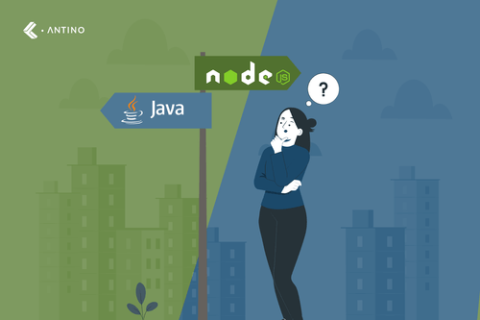Dealing with CPU-bound Tasks in Node.js
Welcome to part two of our series on profiling and optimizing CPU-bound tasks in Node.js! In the first installment, we discussed the complexities of handling CPU-bound tasks in Node.js, shedding light on their impact on runtime performance and exploring various profiling techniques. Once you've used profiling to figure out where the bottleneck in your application is, the next step is to choose the right optimization strategy to obtain an acceptable level of performance for your use case.











